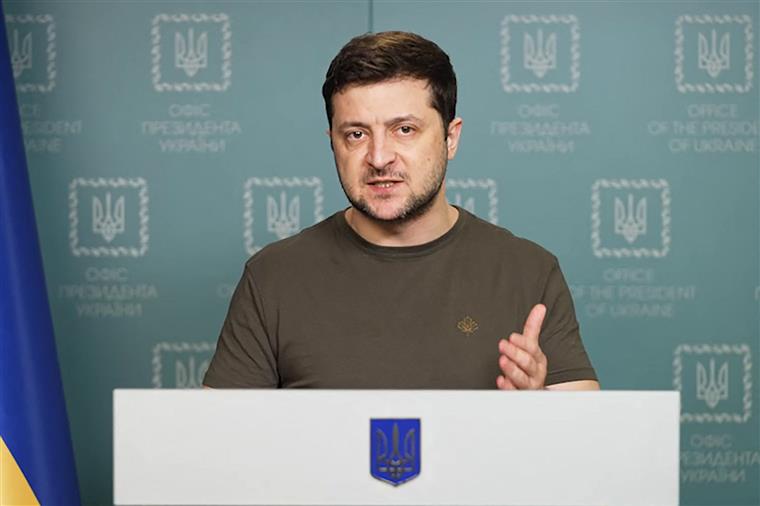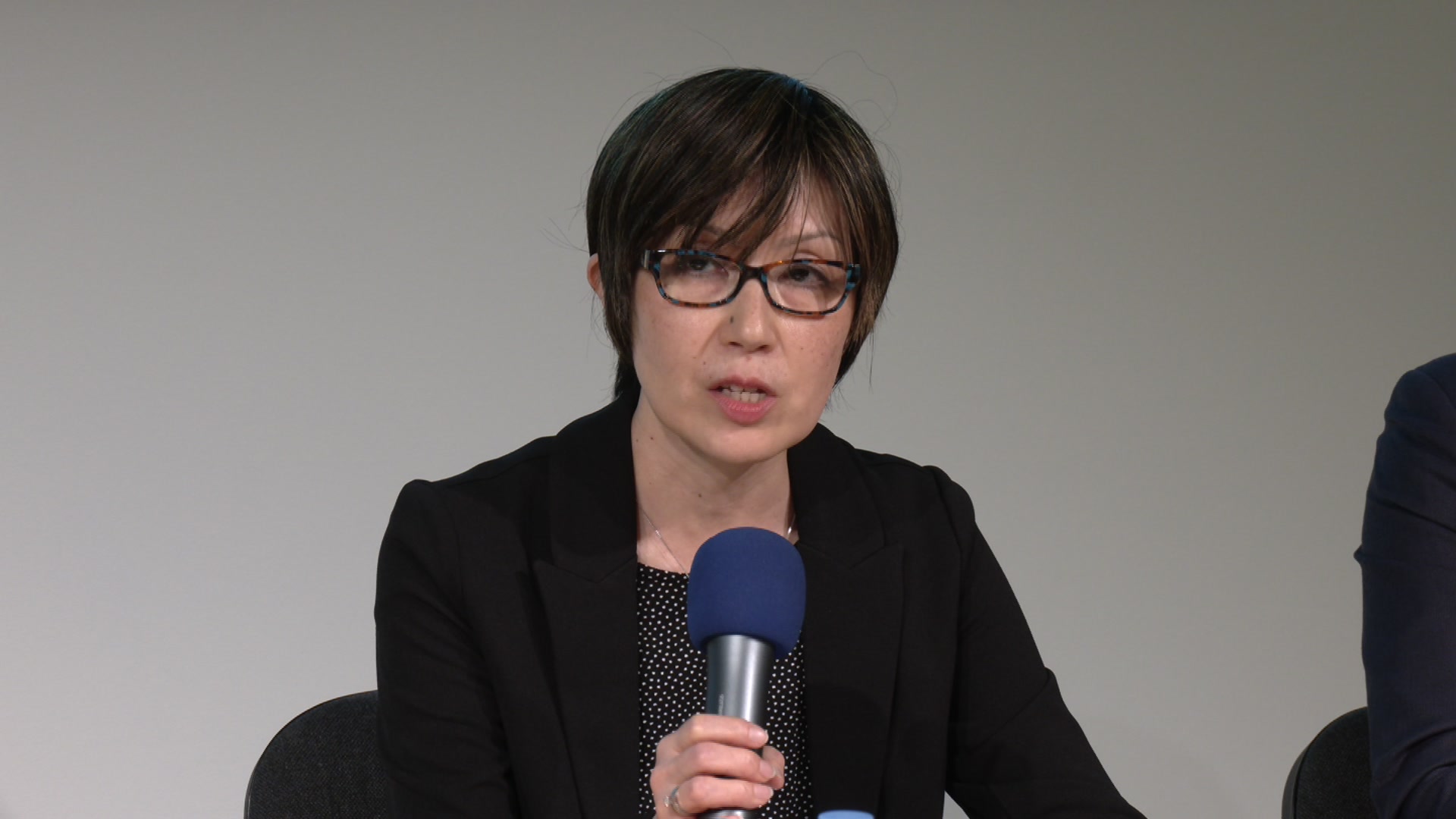Valentine and Ventura

The meteoric climb of the parliamentary representation of the arrival – which, I recall, elected only 1 deputy in 2019 and 12 in 2022 – surprised those who judged Portugal immune to the nationalist right, and has been the subject of many comments. In six years, the party went from marginal to protagonist, a phenomenon that echoes the dynamics described by Vicente Valentine in his recent book The Normalization of Radical Right: The Norms Theory of Political Supply and Demand (OUP, 2024). Valentine’s theses, although not directed specifically to the Portuguese case, adhere to him in such a way that we might think that Ventura uses them as a script.
In essence, Valentine considers that there is an important difference between the intrinsic motivation of citizens (their preferences) and their public expression or through vote. Preferences develop and consolidate, determined by economic factors-globalization, automation, housing crisis, immigration, poverty, perception of corruption-or by non-material forces-loss of identity and sense of community, perception of insecurity, anxiety in the face of immigration, fear of accelerated change. However, the way these preferences manifest are not automatic. The translation of preferences into behaviors depends on the social costs associated with their public expression. When political and social stigma manifest concerns and positions associated with the most radical right (anti-immigration, for example) is large, many individuals may choose not to manifest them. These preferences of yours then remain ‘silent’. However, because they are hidden, it is difficult to evaluate how many professes them and what their real weight in the electoral market; Consequently, it is difficult to find serious political platforms and credible protagonists representing them. They remain thus without any of their own electoral expression, and their vows dispersed by other parties. It was the case in Portugal of the PNR – Renewing National Party.
This ‘balance’ (which Valentine calls ‘latency’) – in which right -wing radical politicians are exotic, uncomfortable and incompetent extremists, and electorate preferences remain silent – can be disturbed by ‘shocks’. Valentine considers two types of shocks that should occur contemporary: an exogenous trigger and the appearance of an entrepreneur. In Portugal this trigger was, I am convinced, the entry of over one and a half million immigrants in about 10 years, many of them of hardly intertwined cultures. This shock allowed certain nationalist and even xenophobic feelings to come to the surface, even if to spaces and mitigated, and thus if they ‘normalized’. The political entrepreneur was, of course, André Ventura, who was able to perceive and mobilize latent support for a nationalist right -wing agenda. All that is left for us to find a new stable ‘balance’ in which voters openly manifest their preferences and they find capable protagonists: Ventura being able to build a qualified shadow government. So the final phase of the normalization process of the radical right will be completed and Ventura can aspire to one day to be elected government.







/s3/static.nrc.nl/wp-content/uploads/2025/06/06124248/data133134393-7b3a25.jpg)